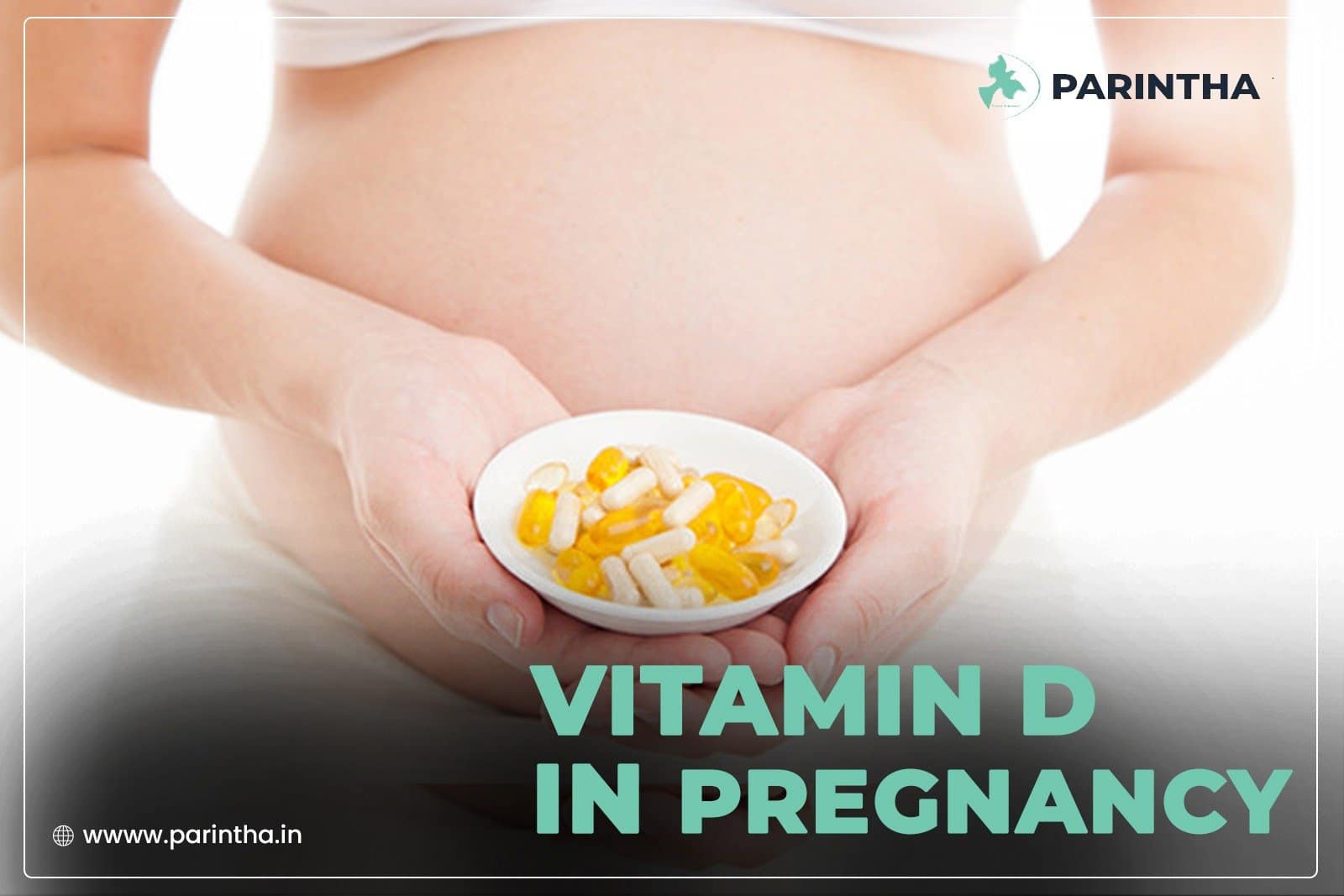
Vitamin D deficiency in pregnancy is a significant global health issue, affecting maternal and foetal outcomes. Numerous studies have shown that the Vitamin D status is far from optimal in many countries all over the world. Only a limited number of foods naturally contain Vitamin D to be recommended as natural Vitamin D fruits and vegetables during pregnancy except fish, egg yolk, and offal such as liver.
Prevalence of Deficiency of Vitamin D During Pregnancy
Vitamin D deficiency during pregnancy is alarmingly common, affecting both maternal and fetal health. Adequate levels are crucial for bone development, immune function, and overall well-being.
Global Prevalence: Vitamin D deficiency in pregnancy among women varies widely, ranging from 18% to 84%, depending on factors such as geographic location, cultural practices, and dietary habits.
High-Risk Groups: In the United States, up to 50% of pregnant women are affected, with African American women at higher risk due to increased skin pigmentation and lower dietary intake.
Health Impacts on Pregnancy and Foetal Development
Vitamin D plays a crucial role in ensuring a healthy pregnancy and optimal fetal development. Adequate levels of this essential nutrient support the immune system, regulate calcium and phosphorus levels, and contribute to the overall health of both the mother and the growing baby.
- Maternal Health
Increased Risk of Anemia: A meta-analysis of 8 studies (6,530 women) reported a 61% increase in the odds of anemia in pregnant women with Vitamin D deficiency.
Preeclampsia: Vitamin D deficiency is an independent predictor of preeclampsia, a serious condition that can lead to increased maternal morbidity and mortality.
Gestational Diabetes and Hypertension: Deficiency is linked to higher incidences of gestational diabetes and hypertension, both of which can complicate pregnancy.
2. Foetal Outcomes
Birth Weight and Size: Vitamin D levels correlate with infant size. Studies show that sufficient Vitamin D intake during pregnancy is associated with higher birth weights and lengths. In contrast, deficiency increases the risk of low birth weight and small-for-gestational-age (SGA) infants.
Skeletal Development: Vitamin D is crucial for foetal bone development. Deficiency may lead to conditions like congenital rickets, craniotabes, and osteopenia.
Long-Term Health: Children born to Vitamin D-deficient mothers are at higher risk for conditions like asthma and type 1 diabetes.
3. Pregnancy Complications
Spontaneous Abortion: The risk of spontaneous abortion is significantly higher (7.62 times) in women with Vitamin D deficiency.
Preterm Birth: Deficiency increases the risk of preterm birth due to its role in immune regulation and infection prevention.
Factors Affecting Vitamin D Levels in Pregnancy
Several factors can affect Vitamin D levels during pregnancy, including limited sun exposure, dietary habits, and skin pigmentation.
Season and Sun Exposure: Vitamin D levels are higher in summer and autumn due to increased sun exposure. Pregnant women with more outdoor activity tend to have higher Vitamin D levels.
Age and Gestational Age: Younger pregnant women are more likely to be deficient, and Vitamin D demands increase in the third trimester.
Diet and Supplementation: Dietary intake alone is often insufficient, necessitating supplementation to maintain adequate levels.
Supplementation and Management for Vitamin D Deficiency
Supplementation is often recommended to manage Vitamin D deficiency during pregnancy, ensuring both mother and baby receive adequate levels for optimal health.
Recommendation: Vitamin D supplementation is a simple, cost-effective intervention with a low risk of toxicity. It is recommended for all pregnant women to achieve and maintain serum levels of at least 40 ng/mL.
Public Health Strategy: Increasing Vitamin D supplementation among pregnant women can help reduce the risk of adverse outcomes such as gestational diabetes, preeclampsia, preterm birth, and SGA.
Conclusion
Vitamin D plays a crucial role in ensuring healthy pregnancy outcomes. Addressing Vitamin D deficiency through targeted supplementation strategies is essential to reduce maternal and foetal complications and improve long-term health for both mother and child. Regular monitoring of Vitamin D levels and appropriate interventions should be integral components of prenatal care. Eat lots of Vitamin D fruits to balance vitamin D level in your body.
Am J Obstet Gynecol. 2010; 202(5): 429.e1.
Medicine (Baltimore). 2021; 100(41): e27505.
Nutrients. 2022; 14(19): 4124.
Health Technol Assess. 2014;18(45): 1.
Swiss Med Wkly. 2020; 150: w20238.
Prog Biophys Mol Biol. 2006; 92(1): 33.
Nutrients. 2022; 14(15): 3166.
Fertil Steril. 2015;103(5): 1278.
Curr Opin Obstet Gynecol. 2020; 32(5): 316.
Nutr Rev. 2022; 80(3): 428.
Related Topics:
Iron Deficiency and Its Impact on Skeletal Muscle Mass and Function
Iron Deficiency and Its Impact on Hair Loss
Vaginitis and Bacterial Vaginosis: Causes, Symptoms, and Treatments

